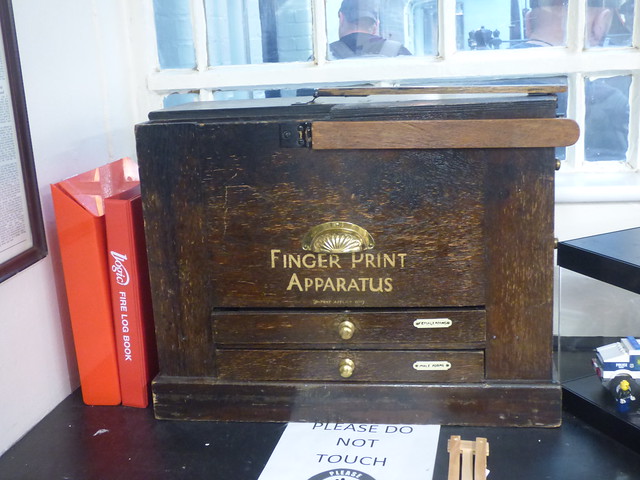
The Benefits and Disadvantages of a Battery Security Camera
Battery-powered security cameras have become a popular option in the home security market. They are easy to install, free of wires, and are suitable for outdoor use. They also have local storage capabilities.
Those who rent their properties, want simplified home security, or who move around a lot are good candidates for using battery operated security cameras. These cameras offer many benefits, including:
Rechargeable batteries
One of the main benefits of a battery security camera is that it can be used in places where a wired device would be impractical or impossible to install. However, the use of batteries does have some drawbacks. First, you have to change them battery security camera regularly, which can be time-consuming and inconvenient. In addition, you have to buy and discard them, which adds up to an unnecessary amount of waste. If you are concerned about the environmental impact of using batteries, consider switching to rechargeable batteries. They can reduce waste and still provide the same power to your battery security camera.
Another great feature of battery-powered security cameras is their wireless connectivity. They can connect to Wi-Fi or cellular networks, which allows them to remotely monitor your property at any time. This gives you peace of mind and the ability to see what is happening on your property even if you are not at home. Some battery backup security cameras also come with solar panels to harness solar energy, making them self-sufficient and environmentally friendly.
Some battery powered security cameras save video clips to a memory card, which is useful if you want to store the footage for later viewing. Others save data to the Cloud, an online storage system that lets you view your security footage from anywhere. This can be a huge benefit for busy homeowners and business owners who do not have the time to manually upload and view their footage.
No wires
One of the main benefits of battery operated security cameras is that they don’t require any wires. They’re ideal for people who live in rental properties or who move around a lot, as they can easily take the cameras with them without having to worry about finding outlets. Battery-powered security cameras also have a great advantage over wired cameras: they don’t use your home’s electricity, so they’re much less expensive to run.
Battery powered security cameras are becoming increasingly popular because they offer a wide range of features that can be used to protect your property and your family. These include motion detection, night vision, and two-way communication. Many of these cameras also feature facial recognition technology, which can help to identify intruders. Additionally, they can be integrated with smart home devices, so you can see who’s at the door or monitor your children from anywhere.
Battery-powered security cameras can be purchased from a number of retailers, including specialty stores that sell electronics and online security equipment retail stores. They’re easy to install and can be connected to a home Wi-Fi network, so you can check the footage on your smartphone from anywhere. You can also use voice commands to operate the camera, which can be an effective deterrent against intruders and make it easier to keep track of your kids’ movements.
No internet connection
If you have limited or no internet connection, a battery security camera is a great option. These cameras store their footage on local memory cards instead of streaming to the cloud, allowing you to monitor your property even without a Wi-Fi connection. They also offer smart motion detection, which helps conserve power by only triggering when movement is detected in the camera’s view.
Some battery-powered security cameras are able to Solar Battery camera connect to the internet over a cellular network, which means that you can access their live feed from anywhere. However, this is not a perfect solution for everyone, as it requires a hefty data allowance to avoid overage charges. Some people may also be uncomfortable with having their video recordings transmitted over the air.
Another option is to choose a battery security camera with a wired connection. This type of camera is less susceptible to hacking and can be connected to a central hub or data recorder to store the footage. It can also work without a Wi-Fi or cellular signal, as long as the hub or data recorder has a backup battery.
Battery-powered security cameras are also popular among homeowners who want to keep an eye on their properties while away from home. These cameras can be used with a mobile app, and some are compatible with smart devices, such as a tablet or smartphone. Some of them can even allow you to speak into the camera, which is particularly useful for safety and security situations.
Easy to install
Many homeowners are choosing battery-powered security cameras because they are easy to install and do not require a power outlet. They are especially useful for outdoor use, where running wires may be difficult or impossible. However, they do have some disadvantages, such as having to change the batteries periodically. This process is usually simple, but it will vary depending on the specific model of camera. Most models only involve popping a plastic piece or unscrewing one or two screws.
Unlike traditional wired security cameras, battery-powered devices do not need an internet connection to monitor movement. They can also save footage to an SD card or cloud storage. Many people find this feature convenient, because they can watch their home while on vacation or at work. These cameras can be accessed remotely, and they can be used to protect a family’s property from unwanted visitors or keep an eye on elderly parents from a distance.
To install a battery-powered security camera, first make sure it is within the WiFi range of your router. Once you have done that, download the camera’s app on a smartphone or tablet and follow its verbal instructions to set it up. Some wireless camera systems come with mounting templates that help homeowners identify the best locations for drilling. You can also buy additional supplies to complete the installation, such as fish tape, which is used for dragging cables through walls without making holes in them, and electrical tape, which helps ensure a leak-free seal around connections.


